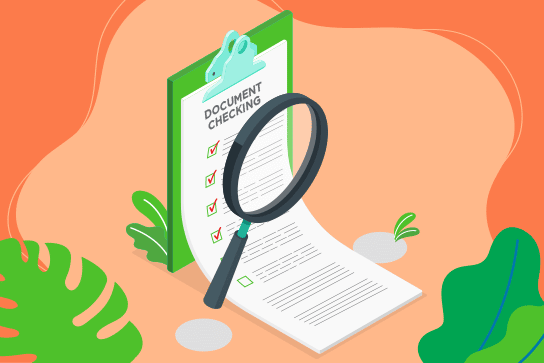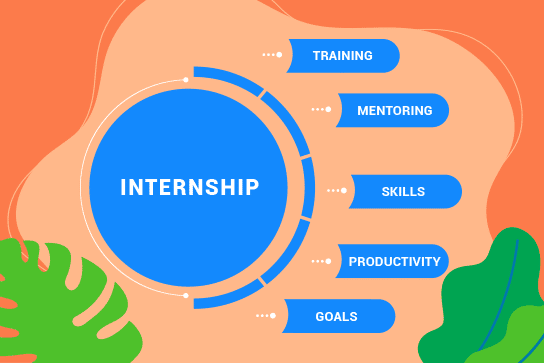LISTEN AUDIO
Last Updated on April 8, 2023 by Ozlinks Education
Subject: Monitor work operations
This unit code SITXMGT001 describes the performance outcomes, skills and knowledge required to oversee and monitor the quality of day-to-day work. It requires the ability to communicate effectively with team members, plan and organise operational functions, and solve problems.
The unit applies to all industry sectors, and to individuals operating at a team leading, supervisory or frontline management level.
Elements and Performance Criteria.
Elements describe the essential outcomes. Performance criteria describe the performance needed to demonstrate achievement of the element.
1. Monitor and improve workplace operations.
1.1 Monitor efficiency and service levels through close contact with day-to-day operations.
1.2 Ensure workplace operations support overall organisational goals and quality assurance initiatives.
1.3 Identify quality problems and issues and make appropriate adjustments to procedures and systems, with relevant approvals.
1.4 Proactively consult with colleagues about ways to improve efficiency and service levels, including potential for new technologies and other innovations.
1.5 Provide feedback to colleagues and management to inform future planning.
1.6 Identify and take opportunities to evaluate current and emerging industry trends and practices for relevance to own work situation.
1.7 Assess and respond to opportunities to improve sustainability of day-to-day operations.
2. Plan and organise workflow.
2.1 Assess current workloads, and schedule work to maximise efficiency and customer service quality within budget constraints.
2.2 Delegate work according to principles of delegation.
2.3 Assess workflow and progress against agreed objectives and timelines.
2.4 Assist colleagues in prioritising workload through supportive feedback and coaching.
2.5 Provide timely input to appropriate management regarding staffing needs.
3. Monitor and support team members.
3.1 Monitor team and individual performance against agreed goals and objectives.
3.2 Proactively share information, knowledge and experiences with team members.
3.3 Challenge and test ideas within the team in a positive and collaborative way.
3.4 Provide feedback, coaching and support to team members.
3.5 Complete and submit organisation records as required.
4. Solve problems and make decisions.
4.1 Identify and analyse workplace problems from an operational and customer service perspective.
4.2 Initiate short-term actions to resolve immediate problems where appropriate.
4.3 Analyse problems for long-term impact, and assess and action potential solutions in consultation with relevant colleagues.
4.4 Where a team member raises a problem, encourage individual participation in solving it.
4.5 Take follow-up action to monitor effectiveness of solutions.
Assessment Requirements.
Performance Evidence.
Evidence of the ability to complete tasks outlined in elements and performance criteria of this unit in the context of the job role, and:
- plan and organise workflow for a team operation or activity that takes into account at least six of the following contingencies:
- delays and time difficulties
- difficult customer service situations
- equipment breakdown or technical failure
- financial resources
- staffing levels and skill profiles
- rostering requirements
- staff performance
- procedural requirements
- product development and marketing
- monitor and respond to team-based operational and service issues during the above operation or activity
- complete each of the following organisational records for the above operation or activity:
- performance reports
- staff records.
Knowledge Evidence.
Demonstrated knowledge required to complete the tasks outlined in elements and performance criteria of this unit:
- work organisation and planning methods appropriate to the industry sector
- leadership and management roles and responsibilities in the relevant industry sector
- operational functions in the relevant industry sector
- procedures and systems to support work operations:
- administration
- health and safety
- human resources
- service standards
- technology
- work practices
- concepts of quality assurance and how it is managed and implemented in the workplace
- sustainability considerations for frontline operational management:
- relationship between operational efficiency and financial sustainability
- ways of minimising waste in the relevant work context
- social responsibilities of the operation
- time management principles and their application to leaders and managers for planning own work and the work of others
- principles of effective delegation and delegation techniques in a frontline management context:
- clear communication of what is required
- gaining commitment
- no undue interference
- regular reporting
- selecting the right person
- problem-solving and decision making processes and techniques and their application to typical workplace issues
- industrial or legislative issues that affect short-term work organisation appropriate to the industry sector:
- relationship of relevant industrial awards to hours and conditions of work
- ensuring systems and procedures meet work health and safety requirements.




